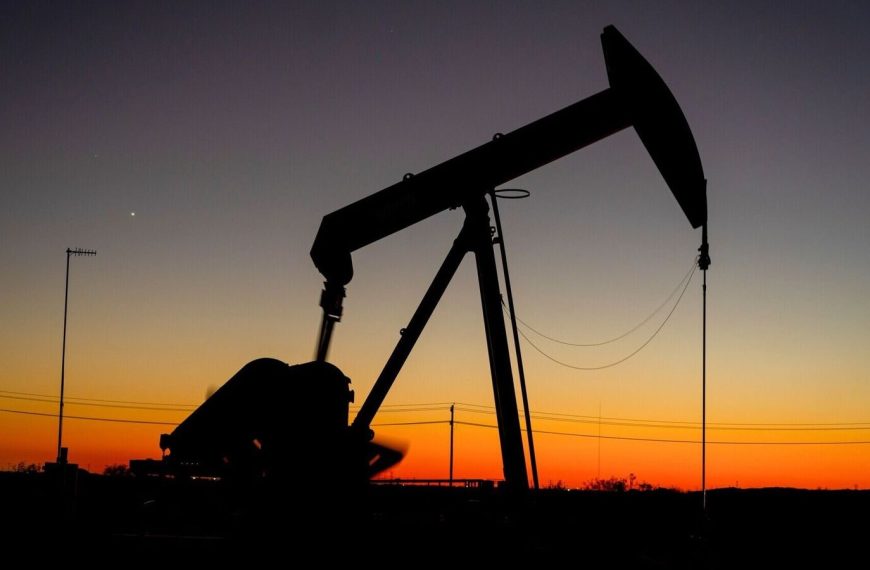Oil Prices Decline Amid Global Economic Concerns and OPEC Output Increase
Oil prices experienced a noticeable decline on Monday as investors grappled with worries surrounding U.S. import tariffs and their potential impact on global economic stability and fuel consumption. Additionally, an increase in production from OPEC nations has further dampened investor enthusiasm for riskier assets.
Current Oil Price Trends
As of 0037 GMT, Brent crude slipped by 25 cents, marking a 0.4% decrease to settle at $70.11 a barrel. This follows a previous rise of 90 cents on Friday. Meanwhile, U.S. West Texas Intermediate (WTI) crude fell by 28 cents to $66.76, also a 0.4% drop, after a 68-cent increase in the last trading session. Notably, WTI has now seen a decline for seven consecutive weeks, the longest such streak since November 2023.
Factors Influencing Oil Prices
The drop in oil prices is largely attributed to various factors:
- Uncertainty Over U.S. Tariffs: The recent imposition and subsequent delay of tariffs on major oil suppliers like Canada and Mexico by U.S. President Donald Trump has created uncertainty in the market.
- Trade Tensions with China: China has retaliated against U.S. tariffs by imposing its own on agricultural products, adding to global market instability.
- Increased OPEC Production: The Organization of the Petroleum Exporting Countries (OPEC) has announced plans to ramp up oil production starting in April, further influencing prices.
Analyst Insights
Tony Sycamore, an analyst at IG, noted in a client update that the crude oil market is currently weighed down by tariff uncertainties, worries about U.S. economic growth, and potential changes in U.S. sanctions on Russia. Despite these challenges, he expressed optimism about price recovery, suggesting that support levels around $65 to $62 per barrel could hold, with a potential rebound towards $72.00 for WTI.
Ongoing Geopolitical Developments
The situation remains fluid as the U.S. considers further sanctions on Russia if it fails to reach a ceasefire with Ukraine. Reports indicate that there is also a possibility of easing restrictions on Russia’s energy sector contingent upon the end of hostilities in Ukraine.
Additionally, OPEC, including Russia, has confirmed its commitment to increasing oil output. However, Russia’s Deputy Prime Minister Alexander Novak mentioned that this decision could be reversed if market conditions change significantly.
In a related note, President Trump has expressed interest in negotiating with Iran, an OPEC member, to prevent any pursuit of nuclear weapons, despite Iran’s assurances to the contrary. Recently, the U.S. also revoked a waiver that permitted Iraq to compensate Iran for electricity, as part of its "maximum pressure" campaign.
Iran’s Supreme Leader, Ayatollah Ali Khamenei, firmly stated that the country would not be coerced into negotiations, indicating a tense geopolitical landscape ahead.
In summary, while oil prices are currently facing downward pressure from various fronts, analysts remain hopeful for a gradual recovery, contingent upon geopolitical developments and economic indicators.











